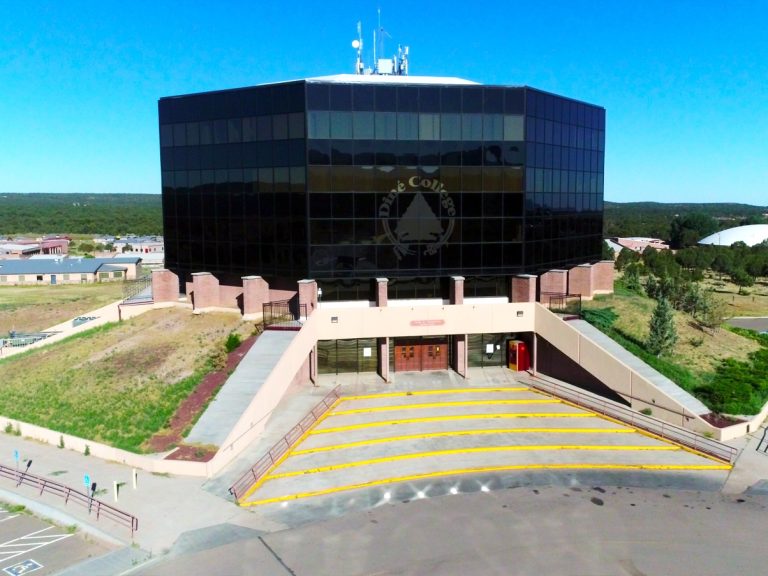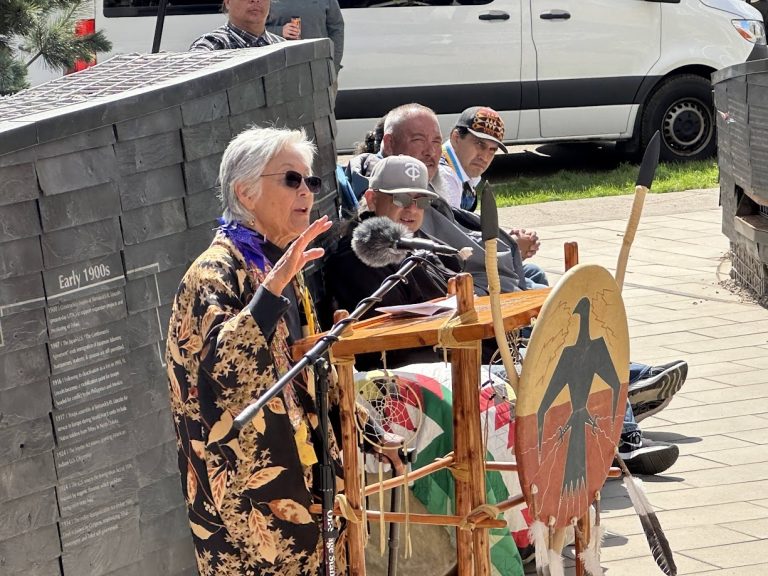Podcast: Play in new window | Download | Embed
The Confederated Salish and Kootenai Tribes (CSKT) will continue to collaborate with jurisdictions to provide “robust” law enforcement services, according to tribal officials.
This comes after the Lake County Board of Commissions notified Montana’s governor last week the county would no longer provide law enforcement services on the Flathead Reservation.
Lake County commissioners say the state should pay the county for law enforcement services on tribal lands, but a judge recently ruled the state is not required to do so.
The county said it will no longer oversee felony cases on the reservation.
In a statement Tuesday, CSKT Police Chief Craig Couture said the change from Lake County does not impact their ability to provide the highest quality law enforcement.
CSKT Tribal Council Chairman Tom McDonald in the statement said they’re committed to doing what’s best for their communities and will continue to work in partnership with other governments that share felony jurisdiction.
The tribe says it will collaborate with the state and federal government on next steps.

Gregory Golodoff in 2018 attending the 75th Anniversary of the Battle of Attu, in which the United States fought the Japanese to regain control of the island. (Courtesy KUCB)
Attu was one of the forgotten Alaskan villages of World War Two, an isolated island on the Aleutian chain, where the Unangax̂ seemed to have a good life.
But then in 1942, the Japanese Imperial Army invaded and took all 40 villagers to Japan as prisoners of war. Until this month, there was only one last survivor.
And as Rhonda McBride from our flagship station KNBA reports, Gregory Golodoff’s death marks the end of an era.
Final prayers and songs for Gregory Golodoff were heard at the Anchorage Russian Orthodox Cathedral this week.
He died at the age of 84, not too long after the death of his younger sister Elizabeth.
Golodoff was only three years old when his mother, father and all seven of the family’s children were taken to Japan, where only half of the village survived.
In a 2018 interview, Golodoff said he said he was lucky he arrived in Japan, well-fed, due in part to success the Unangax̂ had at hunting and fishing,
“I was so fat, I guess. Chubby little boy.”
He doesn’t remember much, except the constant hunger.
“We only get one bowl of rice a day. Sometimes one salted herring, you know. And sometimes we get a fry bread a day.”
The rice was actually less than a cup, because it was watered down.
“I understood this was all I get (laughs).”
He said the Japanese cooks did give him the burned scrapings from the rice pot, even though they were starving too. Captives and captors alike suffered through the final days of the war.

Gregory Golodoff, (Courtesy Golodoff family)
But the difficulties did not end with World War II.
His father, two brothers, and a sister died before the federal government rescued them.
They were never allowed to go home to Attu – and relocated on Atka, an island about 500 miles away.
Dimitri Philemonof, a longtime Unangax̂ leader, describes Golodoff as a humble man, who never spoke of the war, but instead devoted himself to his new community.
Golodoff became a tribal leader in Atka in the 1980s and oversaw significant growth, including the building of a large subdivision and a new school.
“Throughout his life he has been a great leader. I never saw him hate or anything of that sort. I think that says a lot for the Aleut people.”
Philemonof said Golodoff exemplified the Unangax̂ value of quiet perseverance through life’s hardships.
Rachel Mason, a cultural anthropologist, interviewed Attu survivors extensively.
“It was sad to say goodbye to the last Attuan. But what’s encouraging is that the descendants of Attu are still really a vital group.”
Mason says Gregory Golodoff was the last link to the people of Attu, but for his descendants, he it is not the end of the story.

Chef Sean Sherman is traveling to Dubai to discuss Indigenous food and knowledge at the United Nations Climate Change Conference.
According to the North American Traditional Indigenous Food Systems, Sherman will discuss the role Indigenous knowledge can play in navigating climate issues.
He was invited by the Global Alliance for the Future of Food and the Rockefeller Foundation.
The conference takes place November 30 through December 12.
Get National Native News delivered to your inbox daily. Sign up for our newsletter today.



